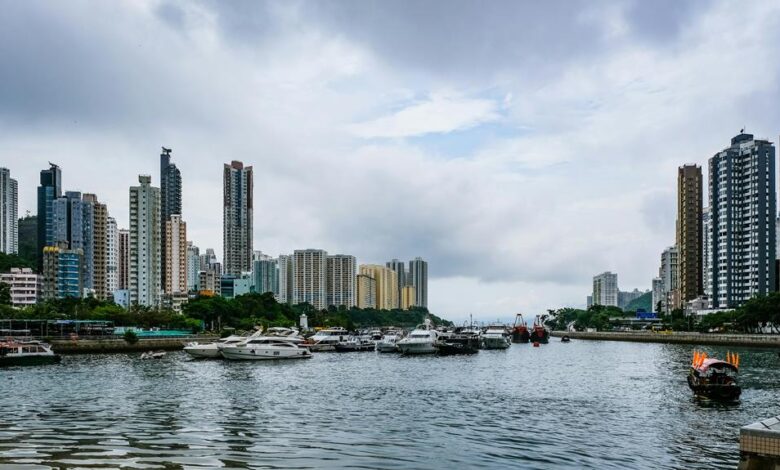Can CBD Be Shipped to All 50 States?

The question of whether CBD can be shipped to all 50 states is more intricate than it may initially appear. While hemp-derived CBD has gained federal approval under the Agricultural Improvement Act of 2018, the legality of marijuana-derived products varies significantly across state lines. This patchwork of regulations poses challenges for businesses seeking to navigate compliance and ensure safe delivery. Understanding the nuances of federal and state laws is essential for both retailers and consumers alike, as the implications of missteps can be substantial. What factors should one consider to avoid potential pitfalls in this evolving landscape?
Understanding Federal Regulations
Understanding the complexities of federal regulations surrounding CBD is essential for determining its legality and shipping practices across all 50 states.
The federal legality of CBD hinges on its classification under the Agricultural Improvement Act of 2018, which distinguishes between hemp-derived CBD and marijuana-derived products.
This classification directly influences regulatory compliance and shipping protocols, informing consumers and businesses alike about permissible practices.
State-Specific CBD Laws
State-specific CBD laws vary significantly across the United States, reflecting diverse regulatory approaches that can impact both the legality of CBD products and their distribution channels.
These state regulations create legal variations that can lead to confusion among consumers and businesses alike.
Understanding the specific laws in each state is crucial for ensuring compliance and navigating the complexities of the CBD market effectively.
Shipping Challenges and Solutions
Shipping CBD products across state lines presents a myriad of challenges due to varying legal frameworks and regulatory requirements imposed by individual states.
Notably, shipping restrictions can complicate interstate commerce, while specific packaging requirements often dictate how products must be presented.
Navigating these complexities necessitates a thorough understanding of both state laws and logistical considerations, ensuring compliance while promoting consumer access to CBD.
Tips for Safe CBD Purchases
When purchasing CBD products, consumers should prioritize sourcing from reputable vendors that provide transparent information about their product origins, third-party lab testing, and compliance with state and federal regulations.
Ensuring quality assurance involves verifying lab results and ingredient lists.
Additionally, understanding product sourcing helps consumers make informed choices, ultimately empowering them to enjoy the benefits of CBD with confidence and freedom.
Conclusion
In conclusion, while hemp-derived CBD enjoys federal legality, the intricate patchwork of state-specific regulations presents significant challenges for shipping across all 50 states.
The juxtaposition of federal permissiveness against state restrictions highlights the complexity of navigating these laws.
Businesses must remain vigilant in understanding local regulations to ensure compliance, thereby balancing the potential for market expansion with the risks of legal repercussions.
Ultimately, this landscape underscores the importance of informed decision-making in the CBD marketplace.



